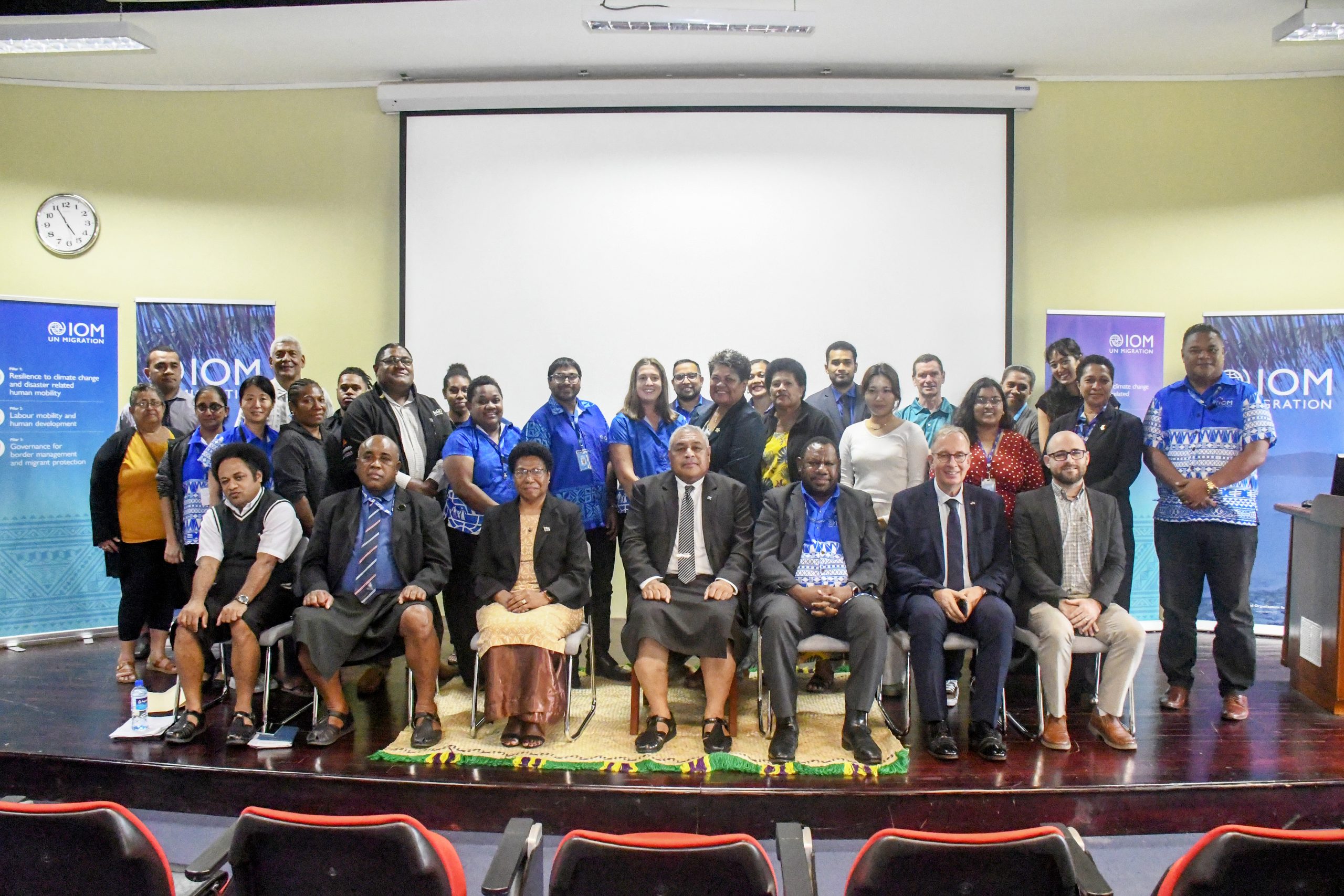PACIFIC Islanders, including Fijians, are being lured to overseas countries with promises of employment, only to be exploited and trafficked.
This growing concern was confirmed by Regional Advisor for Transnational Organised Crime and Cybercrime at the United Nations Office on Drugs and Crime (UNODC), Matthew Watson, during the panel discussion held at the University of the South Pacific to mark the World Day Against Trafficking in Persons.
“We’re seeing the evidence that Pacific Islanders being caught up with the temptation of overseas jobs and being caught in the net of some of these human trafficking companies,” Mr Watson said.
He noted that trafficking is not just a problem occurring outside the region, but one that has also surfaced within Pacific island nations.
“In 2017, Fiji had a scam centre that was busted, as did Palau in 2020.
“So it’s a problem that we’re starting to face here.”
Mr Watson said there was a need for countries in the region to adopt a forward-looking, victim-centric approach while strengthening their legislative and operational capacities to combat emerging threats.
“There are some threats coming.
“We need to be as strong as we possibly can as that gaze of criminality looks further at the Pacific.”
In Fiji, authorities have also identified trafficking-like patterns occurring within the country’s borders, involving foreign workers being brought in under false pretences.
Director of Labour Standards from the Ministry of Employment, Daniel Tagivakatini, highlighted cases of migrant worker exploitation.
“There are many workers, like Bangladeshi, and others from the Philippines, India – coming to Fiji supposedly to address labour shortages, but they are subjected to exploitative employment practices,” Mr Tagivakatini said.
He explained that over the past three to five years, his ministry had worked closely with the Department of Immigration to manage these cases, including the repatriation of affected workers.
“Employers bring them in and don’t want to send them back. But it’s their responsibility.
“That’s why we work closely with Immigration to ensure these workers are repatriated.”



